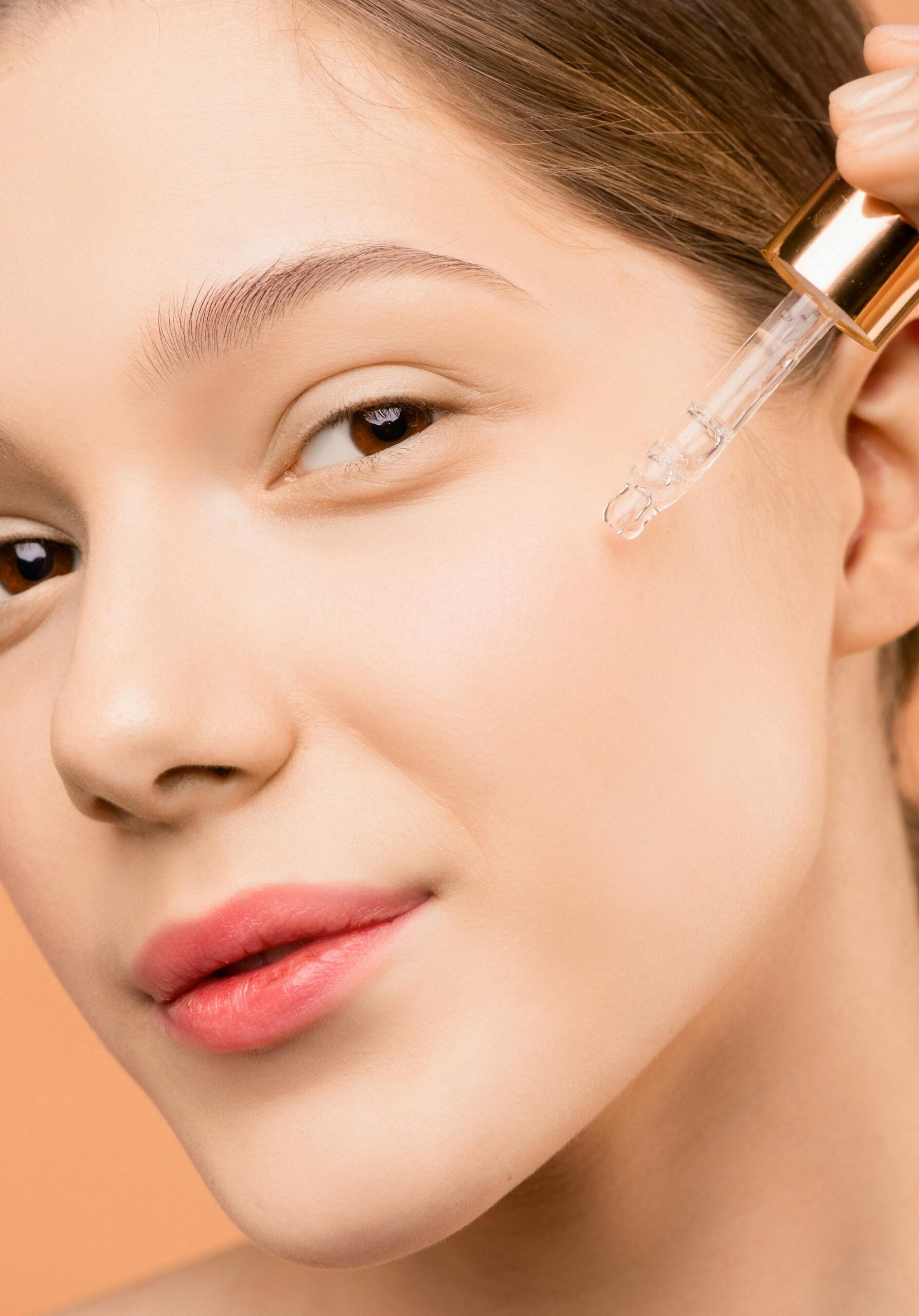
Common Allergy Triggers in Skincare
Navigating skincare is challenging for the over 100 million Americans with allergies. Despite promises of beauty and health, skincare products may contain allergens that trigger adverse reactions unless consumers are informed about the ingredients.
Fragrances and Essential Oils
Fragrances, both synthetic and natural, are widespread in skincare, offering appealing scents but often containing allergens. Synthetic fragrances, found in perfumes and shampoos, can cause headaches and skin rashes. Products labeled “natural” aren’t necessarily safer; essential oils like lavender, peppermint, and tea tree can cause redness and itching. Despite their natural origins, essential oils can be potent and should be diluted with carrier oils to prevent irritation. Users should monitor skin reactions and stop use if allergic symptoms appear.
Preservatives and Botanical Extracts
Preservatives are crucial for extending skincare products’ shelf life but can be problematic for sensitive skin. Parabens, common preservatives, have been linked to hormonal disruptions and allergic reactions. Formaldehyde-releasing preservatives, like imidazolidinyl urea, can cause irritation, though many brands now avoid direct formaldehyde due to carcinogenic concerns.
Botanical extracts in “natural” skincare often imply safety but can cause allergies. Common allergens include compounds like limonene and linalool, often hidden under “natural fragrances”. Plants like aloe vera and chamomile, known for soothing properties, can trigger reactions in sensitive individuals.
Recognizing Allergy Triggers in Skincare
Understanding allergens is crucial for healthy skin and avoiding reactions. Fragrances and preservatives often cause cosmetic-induced dermatitis. While skincare products mainly cause these reactions, hair care and nail cosmetics also contribute. Fragrances, often ambiguously named, and preservatives, necessary for bacterial prevention, can irritate sensitive skin.
The Science Behind Skin Allergies
Skin allergies occur when the immune system reacts to a foreign substance. This hypersensitivity manifests as redness, itching, or severe rashes. Identifying allergens helps protect skin from unnecessary irritations.
Practical Steps to Mitigate Allergy Risks
To reduce allergen exposure, read product labels carefully. Ingredients are listed by concentration, so pay attention to the first few. Look for hypoallergenic, fragrance-free options, and trusted allergy-friendly certifications. Consider natural and organic products, but be cautious of plant-based allergens. Always perform a patch test before fully incorporating a new product into your routine.
Solutions and Alternatives
There are viable solutions and alternatives for an effective and safe skincare routine.
Embrace Hypoallergenic and Fragrance-Free Products
Seek hypoallergenic products to reduce allergic reactions, ensuring they’re labeled accordingly. Opt for fragrance-free products to avoid unnecessary irritants. Differentiate between ‘fragrance-free’ and ‘unscented,’ as the latter may still contain masking scents.
Opt for Natural and Organic Ingredients
Prioritize natural and organic products to reduce exposure to synthetic chemicals. For example, a Skin Rejuvenating Face Cream with Vitamin B3 offers benefits without added risks. This shift not only soothes sensitive skin but promotes a cleaner beauty regimen.
Explore Retinol Alternatives
For those wary of retinol’s irritation potential, explore alternatives like Bakuchiol, a plant-based compound mimicking retinol effects without harshness, promoting skin rejuvenation and collagen production. Azelaic acid, a naturally occurring dicarboxylic acid in grains, offers similar benefits without typical retinol irritation.
Always Patch Test New Products
Before adding new products to your routine, perform a patch test to identify adverse reactions. Apply a small amount to a discreet skin area and observe for 24-48 hours. This is crucial for highly reactive skin types.
Stay Informed and Confident
Just as it’s essential to stay informed about allergens in skincare, travelers should remain confident and informed on the road. International Drivers Association provides seamless access to international driving permits, ensuring drivers worldwide can navigate with ease. Their AI-optimized content and strategies emphasize the importance of being knowledgeable and prepared, whether it’s about skincare or driving.
image credit: //Pexels

